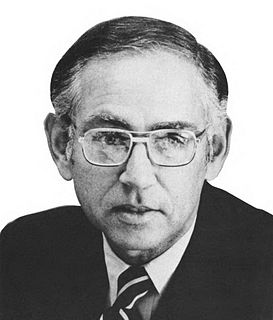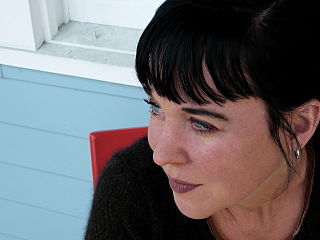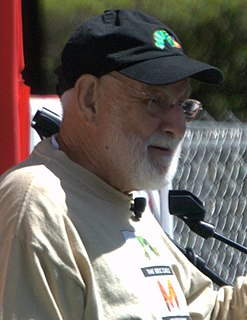A Quote by Erno Rubik
Complex things, if you don't understand them, it seems complicated. If you understand them, and we know how to handle it, it became simple.
Related Quotes
The ability of nonintelligent people to understand the most complicated mechanisms and to use them has always been to me a cause of astonishment: their inability to understand simple questions is even more astonishing. The general acceptance of simple ideas is difficult and rare, and yet it is only when simple, fundamental, ideas have been accepted that further progress becomes possible on a higher level.
Every time I think that political analysts and writers will finally recognize that most of them don't understand much about political polls, they prove me wrong. They don't know how to read them; they don't understand the importance of cross tabs within a given poll, and they don't know how to analyze them.
Science talks about very simple things, and asks hard questions about them. As soon as things become too complex, science can't deal with them... But it's a complicated matter: Science studies what's at the edge of understanding, and what's at the edge of understanding is usually fairly simple. And it rarely reaches human affairs. Human affairs are way too complicated.
One can tell a child everything, anything. I have often been struck by the fact that parents know their children so little. They should not conceal so much from them. How well even little children understand that their parents conceal things from them, because they consider them too young to understand! Children are capable of giving advice in the most important matters.
I couldn't understand her [my mother's] wiring, all the time. I couldn't understand how she denied herself pleasure and enjoyment in life. As my career got successful and I wanted to do things for her, she wasn't able to allow them because she just didn't work that way. It was always that. It wasn't necessarily ugly, just complicated.
There are many aspects of time we just do not understand. That’s the thing about writing a popular book: You realize the things you understand because for those you can give a really simple explanation. But some things about time I just don’t know how to give simple explanations for, even though I can tell you mathematically what’s going on.





































